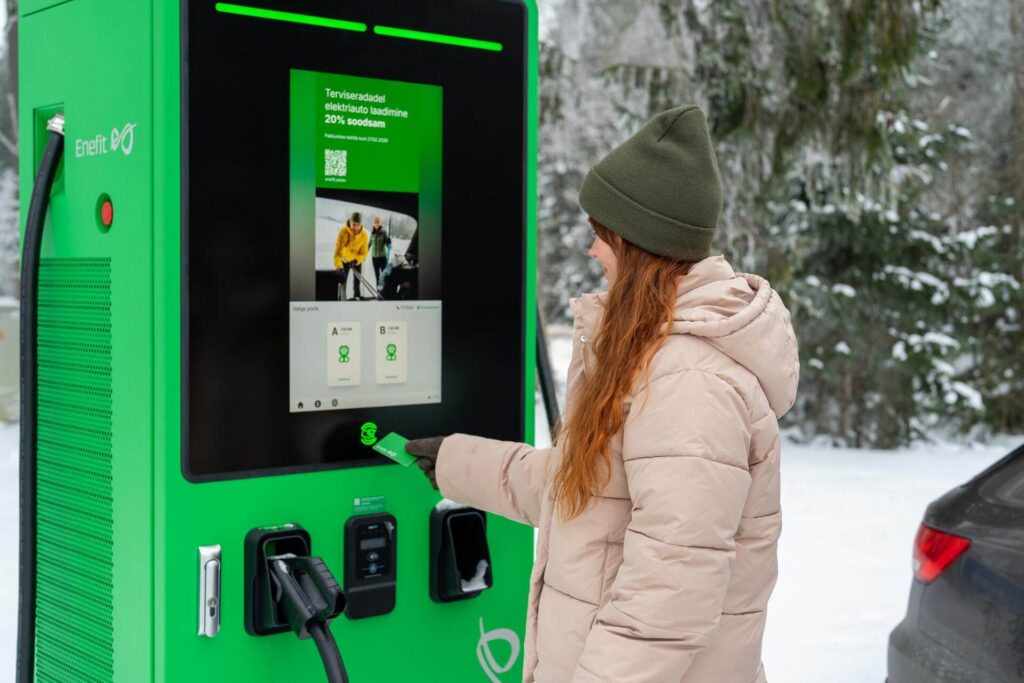Our customer service receives tens of thousands of questions every month, a large part of which are various topics related to invoicing. To make life easier, we share answers to the most common questions.
Why I haven’t recieved my invoice yet?
If the bill has not yet reached you, please be patient. We will issue invoices until the 12th of each month. Regardless of when the invoice was issued, the payment deadline is always 14 days.
Whether an invoice has already been issued or not, you can conveniently view it from the e-service or mobile app.
You can also order a reminder about the arrival of the invoice and the due date of the invoice in the mobile app.
What can I do to reduce my electricity bill?
The size of the electricity bill can be influenced by everyone. Reducing electricity consumption starts with the analysis what consumes the most electricity.
- The greatest potential for savings often lies in heating, especially if there is a habit of using electric radiators or heaters. A heat pump is a many times more efficient choice.
- It is also worth turning off the electric underfloor heating in the bathroom and reducing the use of the electric sauna heater and electric boiler.
- Next, it’s worth looking at older household appliances, which absorb many times more electricity than modern appliances. Both the old TV and the 20-year-old freezer in the basement can be “to blame” for the high electricity consumption.
There are opportunities for energy savings in every home, and if so far no special attention has been paid to energy savings, it is not difficult to save up to one month’s electricity bill per year.
Check out energy-saving solutions
How can I reduce the cost of my network service?
It is worth being aware that even with a network contract, it is possible to choose between several different network packages, some of which are better suited to the customer’s household and consumption than the other and can bring a decent financial gain to the home budget.
If the number of family members has increased over the years, the amount of electricity consumed has changed, the balance of night and day consumption or the size of the main fuse has changed, it should definitely be reviewed whether the existing network package is still the best option.
If your network service provider is Elektrilevi, it is easiest to compare network contract packages in Elektrilevi’s e-service.
What should I do if I struggle to pay my bills?
We’ve always been flexible with our billing process, and if you find that you’re facing payment difficulties, we strongly encourage you to contact us. Together, we will find a way to proceed with paying the bills. We look at each customer’s concerns personally.
If you feel that you need an extension of Enefit’s bill payment, submit an application to us. You will then be contacted within five business days regarding the billing agreement and more detailed terms will be agreed.
What do the different parts on the electricity bill mean?
In short, the electricity bill consists of three components: electricity, network charges and state taxes (renewable energy charges and electricity excise duties).
The total cost of electricity depends on your electricity price and how much electricity you have consumed. If you choose a fixed price package, you will know your kilowatt-hour price in advance for the entire contract period. If you choose a package with a stock exchange price, your price will depend on what is happening on the power exchange.
The network service fee is paid to the network service provider for delivering electricity to the home. This means maintaining and developing the necessary infrastructure. The price of the network service is approved by the Competition Authority.
Renewable energy charge is a charge set by the state, the purpose of which is to support the production of electricity from a renewable source or in the mode of efficient cogeneration in Estonia. The renewable energy charge is calculated and published annually by the transmission system operator Elering. Electricity excise duty is a state tax that finances environmental protection. The total cost of the network service and the state taxes also depend on how much electricity you have consumed.



